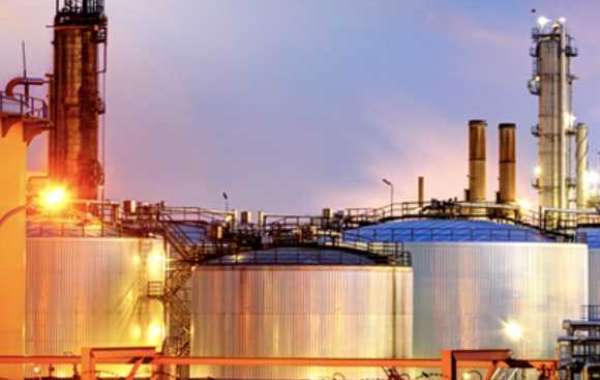There is no such thing as perfection when it comes to technology. Here are some factors that may impact the efficiency or lifespan of solar panels.
MOUNTING POSITION
Solar panels function based on how much solar energy they can absorb. Installing your panels to face as much sun as possible will enhance their efficiency. Therefore, mounting is a key factor to consider in terms of energy production.
Roof solar panels absorb different amounts of sunlight throughout the day as the sun moves across the sky. But in general terms, south-facing is the most ideal orientation for prime solar exposure all day.
SOLAR IRRADIATION
Most people have a misconception that the sun’s heat allows the photovoltaic (PV) cells in solar panels to produce electricity. In fact, it’s sunlight that’s crucial for solar panels to properly function and produce sustainable energy. The generation of power from solar panels is directly related to the amount of sunlight (UV rays) that fall over the panel.
TEMPERATURE
The average temperature of your location is an important factor to consider before installing solar panels onto your home or business.
Extreme amounts of excess heat can reduce your system’s energy production. Considering your area’s climate will help you to arrange your solar panels in a way that supports sufficient airflow, thus keeping them at the right temperature for prime operating conditions.
DO SOLAR PANELS REQUIRE MAINTENANCE?
Solar panels are passive technology that require minimal maintenance. Depending on your location, a periodic cleaning is usually recommended every few years to improve long-term energy production.
WEATHER
Weather also plays a significant role in the longevity of solar panels.
A strong windstorm can cause tree branches to fall and possibly damage the anti-reflective glass coating that covers the solar panels. Heavy snowfall can cause panels to lose their structural integrity and accelerate degradation, and large hailstones can damage the glass.
However, most manufacturers test and certify their panels to withstand storms and other inclement weather conditions.
INSTALLATION ISSUES
Solar panels are typically not prone to defects because they’re built for durability. However, you should take especially careful precautions when first connecting and installing panels. Solar engineers will need to take into account the connection system as well as the condition of a roof when arranging solar panel arrays.
An old, damaged, or leaky roof could cause serious problems later on if an installer doesn’t correctly assess any issues. Make sure to do your research and find a trusted installer before doing any work on your home or business.








